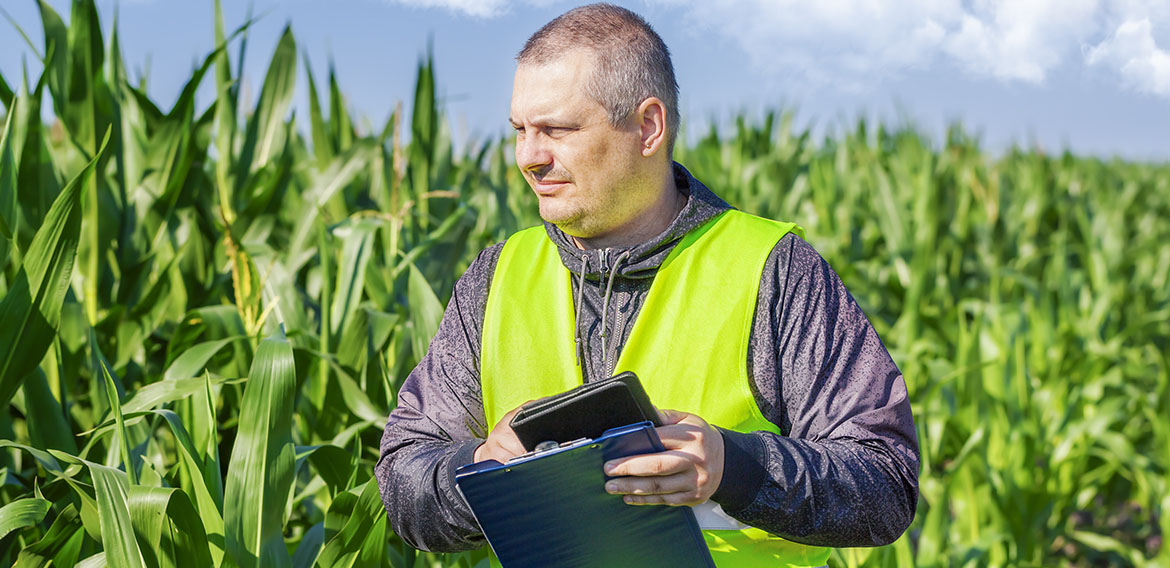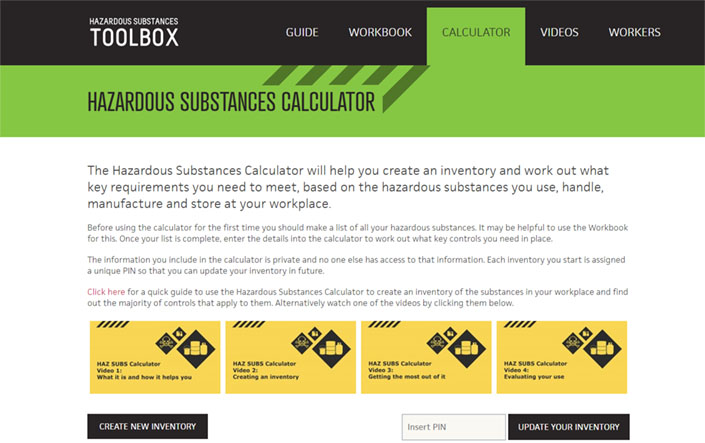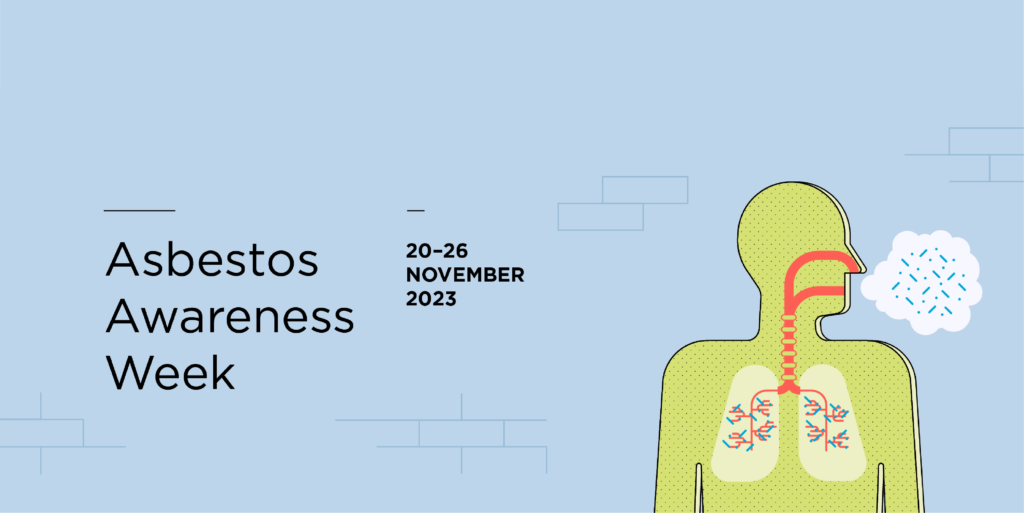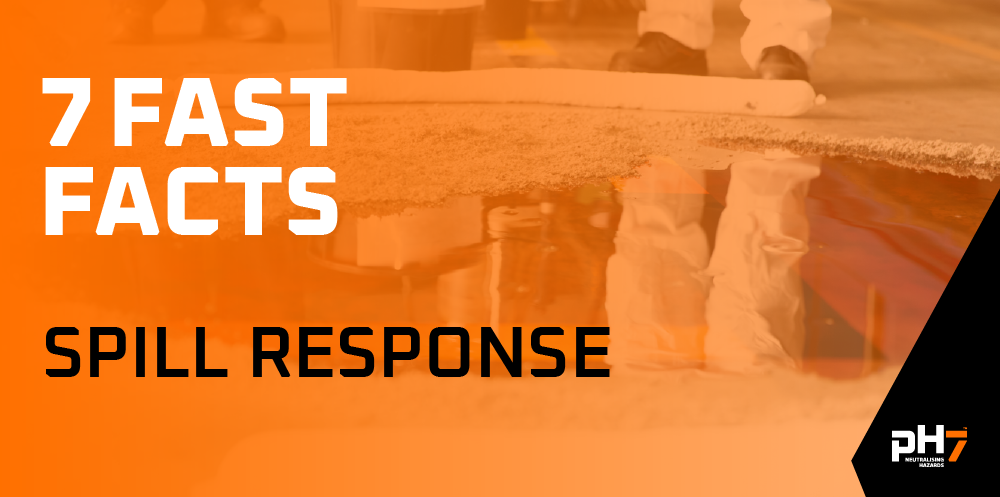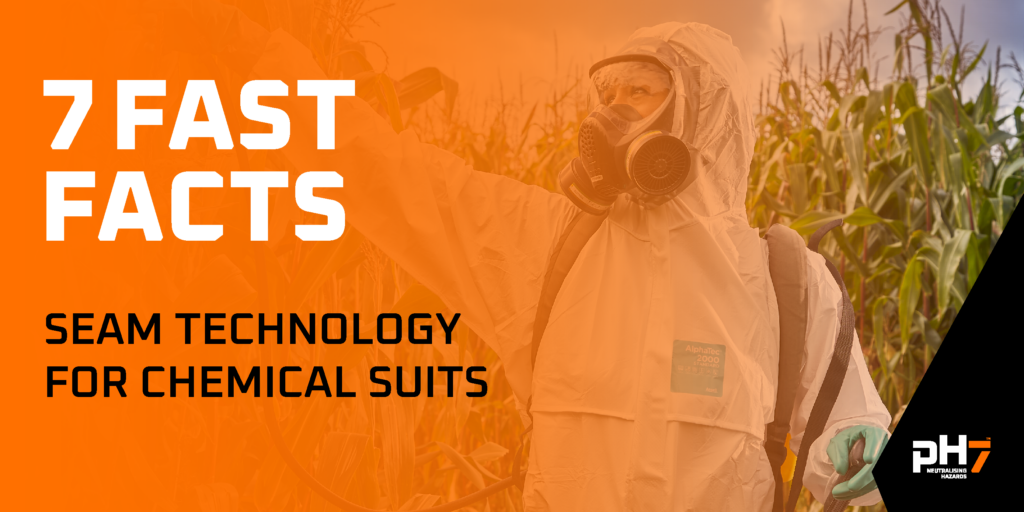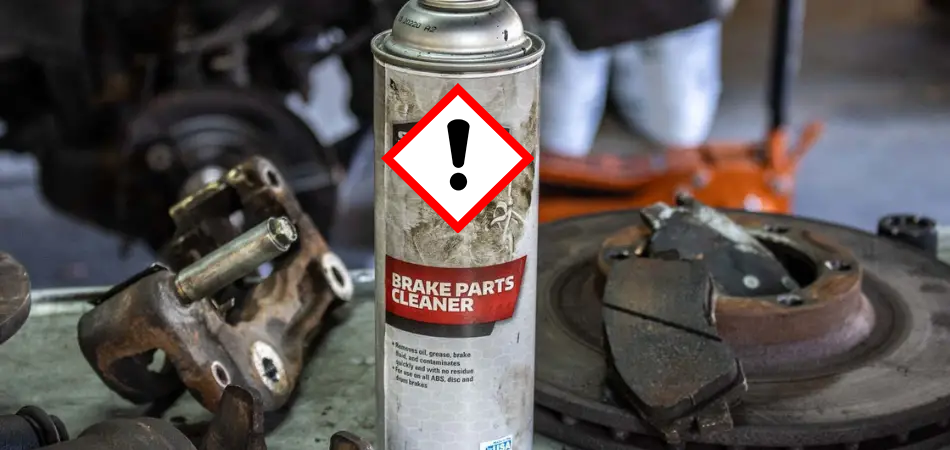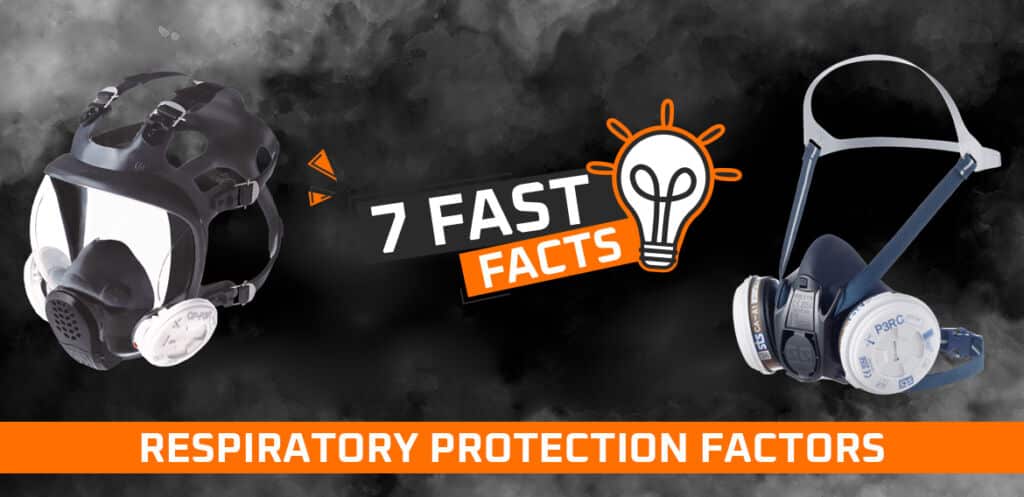What steps will WorkSafe undertake to ensure farmers are compliant?
Whether it’s fuel, cleaning products or agricultural chemicals, hazardous substances are part and parcel of day-to-day life on any working farm in New Zealand and historic exposure leads to dozens of deaths around the country each year.
In the third and final of our interviews with Darren Handforth, WorkSafe’s Chief Inspector Assessments for the Southern region, we discuss how WorkSafe’s role in ensuring safer farms and enforcing compliance will change after the December 1, 2017, rollout of new Health and Safety at Work (Hazardous Substances) Regulations, and what farmers can do to prepare.

December’s legislative changes on how farms handle and store hazardous materials come with new responsibilities for WorkSafe and the Environmental Protection Authority (EPA). Broadly, the EPA will continue to have responsibility for approving and classifying hazardous substances while WorkSafe will administer and enforce workplace requirements provided in the regulations.
WorkSafe’s 182 inspectors are split across the priority sectors of agriculture, manufacturing, construction, forestry and healthcare and divided across three regions, northern, central and southern. Darren, who is responsible for the southern region from Nelson to Invercargill, says WorkSafe uses health and safety statistics and data collected from the likes of ACC around fatalities, incidents of serious harm, injuries and illness to determine who, where and when they will visit.
“We’ll target agricultural visits in proportion to the risk profile in our region. But with 182 inspectors and around 500,000 workplaces, we can’t get everywhere – and that’s why the primary duty under this legislation doesn’t sit with the regulator, it sits with the person conducting the business or undertaking. So they actually need to be proactive in educating themselves and meeting their obligations.”
WorkSafe, Darren says, operates on the principle of the “3 E’s”: engagement, education and enforcement.
Engagement:
WorkSafe has a program of proactive workplace assessment visits in the agricultural sector – both announced and unannounced. This can involve sending advisory letters out to let farmers know inspectors will be in their area and then assessing workplaces for both risk management and, in particular hazardous substances. “We know from previous workplace assessments that use of agricultural chemicals and storage is still a significant area of concern for us and there’s a significant area of non-compliance, not necessarily because farmers are being willful but due to a lack of awareness. We’ll be looking at the whole farm so, for example, if someone was going to ride past without a helmet on their quad bike then my inspector will also deal with that, but we’re really focused on the safe storage of agricultural chemicals and fuels because that’s still an area that needs improvements.”
Education:
When the Health and Safety at Work Act passed in to law in 2015, WorkSafe responded to a call for its guidance material to be clearer and more straightforward and freely available throughout its website. Darren points to its hazardous substances calculator as a particular success that generates a good deal of positive feedback but adds that its fact sheets and good practice guidelines mean that farmers have all they need to know already at their fingertips and don’t need to go anywhere or pay money to get that education or upskill themselves. “It can all be perceived to be quite complicated but if you use that calculator to generate your inventory and generate the controls you’re required to use and then put in place a management plan about how you’re actually going to implement all those controls, then you’re done and dusted. Then when you do get a visit from an assessment inspector it’s just going to be around making sure you’ve followed all those steps.”
Enforcement:
As Darren puts it, the “3 Es” don’t necessarily work in that particular order and “in certain circumstances” it would be appropriate to move directly into enforcement. Under the new legislation, WorkSafe will focus on the “downstream” use, storage and handling of hazardous substances in workplaces and also enforce ecotoxic and disposal requirements in workplaces. The organisation’s powers extend to investigating complaints and concerns; having the power to cancel compliance certification; and other site-specific controls such as creating restricted entry intervals for pesticides.
As well as stressing that the fundamental requirement coming from December 1, 2017, is that all farmers will be required to have an inventory of all chemicals and hazardous substances on site, Darren’s ultimate message to New Zealand’s farming community is to use the resources already available through WorkSafe to ensure they are creating safer workplaces. The organisation is also contactable via its Freephone number 0800 030 040 or by email, info@worksafe.govt.nz.
“Farmers understand they need to be managing those risks because the fatality rate on farms is still way too high,” he says.
“So my single biggest message for the farming community is to use the resources that are available from WorkSafe because they’re clear, they’re concise, and they’re going to get them ready not only for the here and now but also for the December 1 changes – which are key.
“We’re trying to get a sustained lift in health and safety performance and we can only get there by making sure the regulated community understands the value in health and safety. And, fundamentally, the other message for farmers is that good health and safety is actually good business sense – all the international evidence shows that if you look after health and safety well then you’re going to have a more profitable business. It’s just another part of the system in how to achieve business excellence.”
ph7 International has a long history of working alongside New Zealand’s farming community. For more information about safety equipment, handling or storing hazardous materials, and current regulations, contact us on 0800 323223, sales@dilnz.co.nz or via the website.
